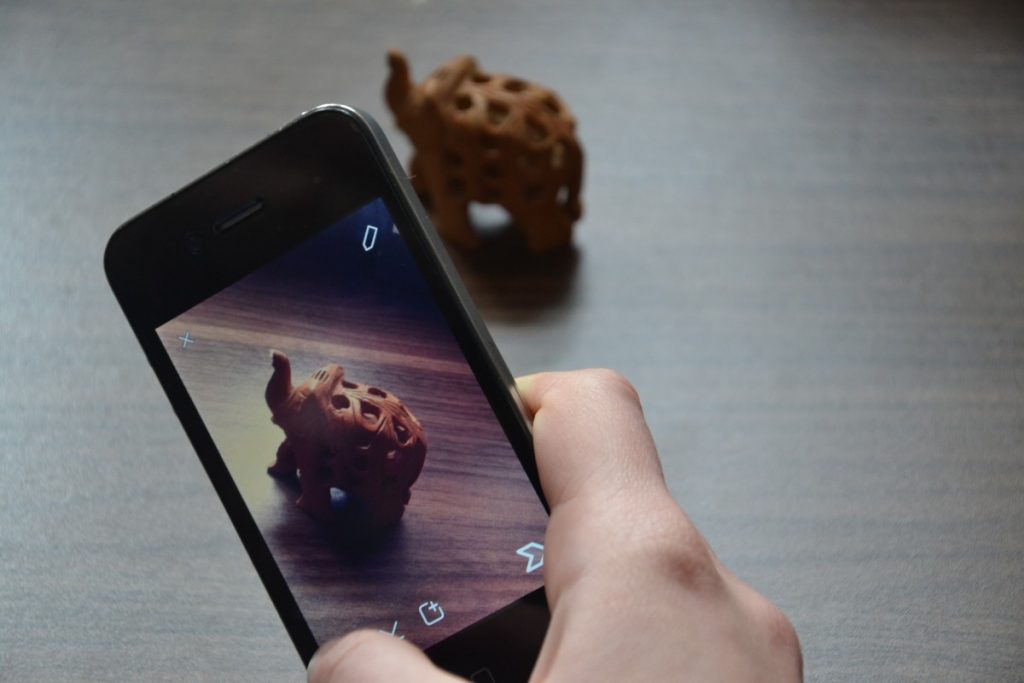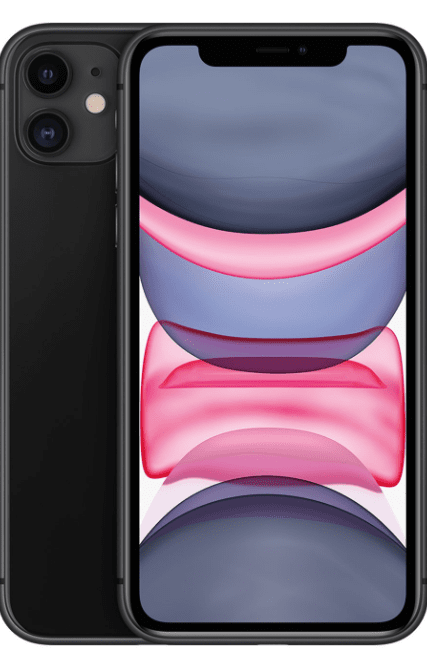It wasn’t long ago that pictures from phone cameras were blurry little jpegs you couldn’t even blow up to full screen. Nowadays, the top smartphone cameras can nearly compete with traditional cameras—especially mid-range point-and-shoot options.
And while smartphone cameras aren’t quite DSLR quality yet, the best camera is the one you can take with you. The newest camera phones pack tons of pixels and features like 8K all into a convenient and pocket-friendly device.
These are the best cameras you can get as of this writing. With new smartphone releases happening all the time, though, you can expect these changes whenever you get a new Samsung, Apple, or Google release. So be sure to check out our tried and tested tips at the end of this guide that will help you pick out a camera phone no matter what year it is!
Without further ado, here are the top choices for early 2020:

1) Samsung Galaxy S20 Ultra

Rear- cameras: 108MP f/1.8 main camera (with 0.8-micron pixels), a 48MP f/3.5 telephoto camera (0.8 microns), and a 12MP f/2.2 ultra-wide camera | Front camera: 40MP
Samsung, Huawei, Apple, and Google make some of the best smartphones in the world. But Samsung has really set the bar high with its latest Samsung Galaxy release.
It’s a photo powerhouse that creates incredibly detailed pictures. The zoom is by far the most standout feature. Up to 10x photos look amazing. After that, things begin to fall apart a little.
Although, time-of-flight cameras began making their widespread debut last year, they will really be the trend in 2020 phone releases. Time-of-flight better enables augmented reality features on phone pairing well with 5G connectivity.
Overall, the Samsung Galaxy S20 Ultra hits it home with its camera. With its starting price of $1,399, however, it’s out of reach for most consumers. The Samsung Galaxy S20 and S20 Plus also have great cameras but start out a more reasonable $999.
2) Apple iPhone 11 Pro

Rear cameras: 12MP 13mm f/2.4, 12MP 26mm f/1.8, 12MP 52mm f/2 | Front camera: 12MP, f/2.2 TrueDepth camera | OIS: Yes |
The iPhone 11 triple-camera array was the overall best camera release of 2019. It was the most revolutionary release of the year. But more than anything, it just works. Colors, tones, and exposure across the lens are beautiful, with incredible true-to-life processing.
The ultra-wide camera works very well for travel photography and interiors with great distortion-free images.
3) Huawei P30 Pro

Rear cameras: 40MP (Wide Angle Lens, f/1.6, OIS), 20MP (Ultra Wide Angle Lens, f/2.2), 8MP (Telephoto, f/3.4, OIS) | Front camera: 32MP | OIS: Yes |
The Huawei P30 Pro is a fantastic flagship that would break the bank. It performs well in low-light, has a huge range of control, and great zoom. It also features four lenses on the rear, including a time-of-flight sensor for improved depth sensing.
Overall, the camera performs well in most settings and is just slightly edge by the iPhone 11 Pro. The one area it has issues is in image processing. Aggressively sharpening and noise-reduction can make shots look a little fake. These issues are minor, though, and can be toned down in settings.
4) Google Pixel 4XL

Rear cameras: 12.2MP (28mm-equiv. wide angle lens, f/1.7, PDAF, OIS), 16MP (45mm equiv. telephoto, f/2.4, PDAF, OIS) | Front camera: 8 MP, f/2, 22mm (wide), ToF 3D Camerax
Google made huge strides from the Pixel 3 when this release. It added a telephoto lens for 2X optical zoom and other features. The standout feature, however, is the new Astro Mode.
With Astro Mode, you can open the shutter for up to four minutes to capture spectacular detail from the night skies. In the standard camera mode, Pixel 4 XL captures punchy photos with great lines.
There are also some excellent image processing tools that help create more realistic night images.
Compared to the iPhone 11 Pro or the Samsung Galaxy, it isn’t quite as exciting, but it’s a huge step up from previous editions of the Pixel.
5) iPhone 11

Rear cameras: 12MP 13mm f/2.4, 12MP 26mm f/1.8, 12MP 52mm f/2 | Front camera: 12MP, f/2.2 True Depth camera | OIS: Yes |
The iPhone 11 Pro only beats the iPhone 11 camera because of its additional telephoto lens. But if you’re looking for a fantastic camera on a much more affordable budget, then the iPhone 11 is the perfect choice for you.
Apple knocked it out of the park with this one. The camera works in a variety of settings but performs exceptionally well in low-light environments. It also shoots 4K video at 60 FPS. It’s an amazing jack-of-all-trades option that you can get for as little as $699.
Honorable Mentions
There is a large variety, both current and older flagships that take incredible pictures.
- Xiaomi Mi Note 10
- Samsung Galaxy S10 5G
- iPhone XS
- Google Pixel 3a
- Oppo Reno 10x Zoom
- Moto G7 Power (best budget option)
- Sony Xperia 1
5 Quick Tips for Choosing Camera Phones
What phone has the best camera will always change. But some things will always stay the same. Here are some things you should always keep in mind:
- Aperture is more important than megapixels. Megapixels are what get the attention, but more doesn’t equal better photos. Cameras with wide aperture (the low f-stop number) have wider lenses. These let in more light producing better night photos. High megapixels are nice, but not as important. If you see last year’s flagship with a low aperture, snap that up instead.
- More lenses don’t equal better. Just like megapixels, more doesn’t equal better. Not all phones before the same, so bear this in mind. Some phones use extra lenses for different effects, while others allow you to switch perspectives.
- Software is important. The software will determine if you can use a portrait mode or if images look too processed and more. Compare the different software between smartphone manufacturers.
- Front Camera specs are essential too. We take more selfies than ever, so don’t forget to make sure the front camera has good specs. Check out both megapixels and aperture to see how the phone will perform.
- Videos. Phones also shoot videos. Check frame rate, quail, and other features like slow-motion or filters.
What Phone Has the Best Camera?

The best camera phone comes down to your needs and budget. If you want something that takes excellent photos in all settings, then you can’t go wrong with either an iPhone Pro or Samsung Galaxy.
But if you’re looking for a more budget-friendly alternative, there are plenty of phones on the market that capture high-quality photos. Nonetheless, at $699, it’s hard to beat the overall value of an iPhone 11 with its dual wide-angle cameras and overall great functionality. It’s the perfect blend of amazing photos at a reasonable price.
Picking up last year’s flagships is a great way to get a premium quality phone and fantastic pictures at a bargain. Learn about the differences between the iPhone XS and Samsung Galaxy S10 to see which camera is the right option for you.
There’s even more about phone photography on the Buyback Boss blog. We’ve troubleshooted blurry smartphone pictures and other camera problems. Head on over to our blog now to discover more about photos, apps, and everything else you want to know about smartphones.






